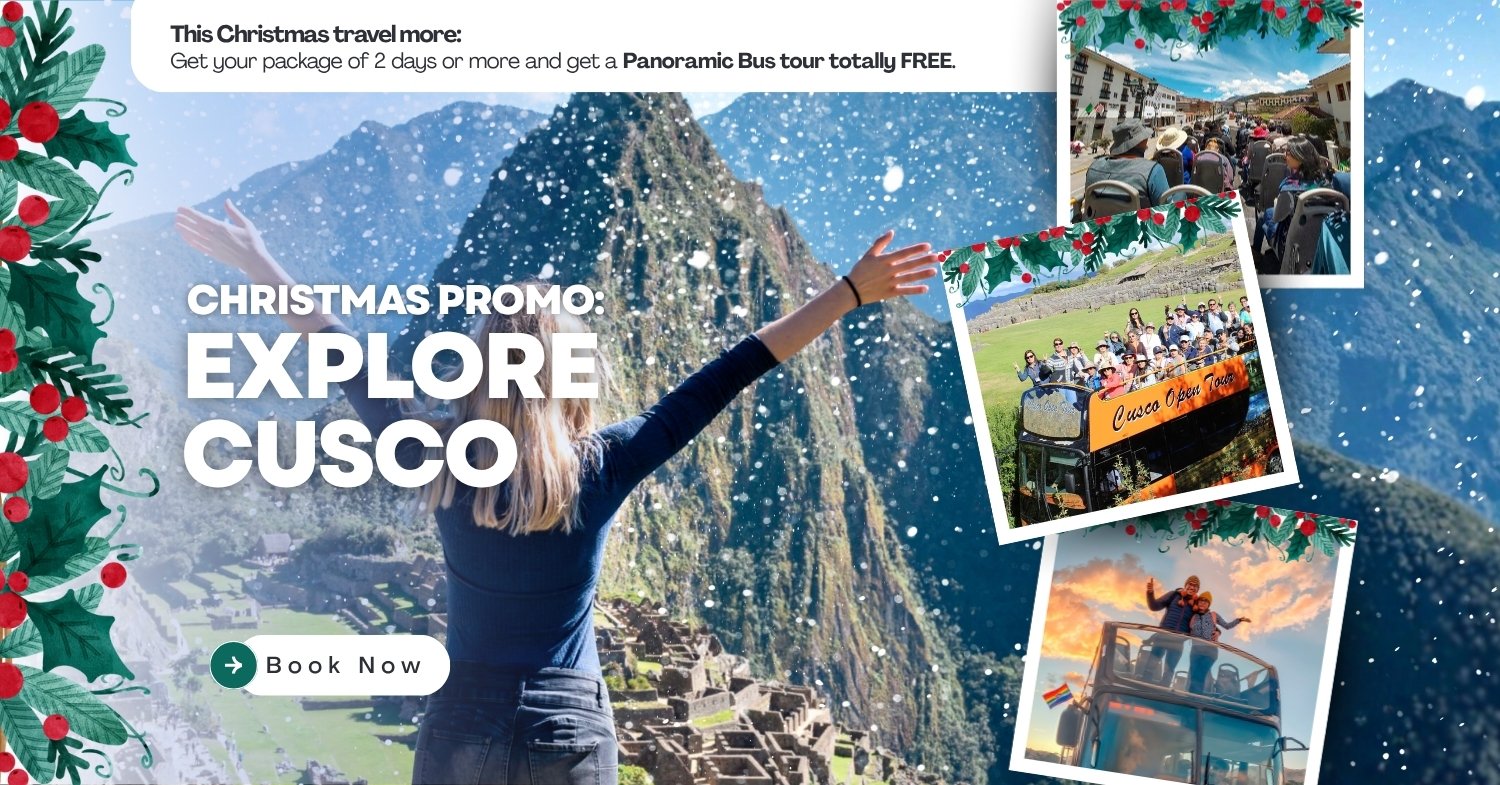

The province of Huaral is located just 80 km from Lima, it has a temperate climate throughout the year and has interesting attractions to visit under its territory, such as the castle of Chancay, Rúpac, Huando farm and much more, if you want to know the best tourist places in Huaral.
Beautiful and fertile valley where the Chancay culture took place. In its surroundings there are various attractions such as the impressive Rúpac archaeological complex.
Huaral is one of the most complete and impressive options for sightseeing near Lima in your free time. The province, located in the 'norte chico', offers beach, mountain, archeology, adventure and much more tourist attractions to choose from, all under a calm climate and a welcoming reception from the residents.
Corners such as the Chancay Castle and the Aucallama dunes are especially popular during the summer; vestiges of ancient cultures, such as Rúpac and Las Shicras, impress those who visit them; and areas of natural splendor, such as the Santa Rosa wetlands, are fantastic for appreciating various species.
The town of Huaral, also called the "Capital of Agriculture" is located around 80 km north of Lima, and only 10 km from the town of Chancay.
Check below our list with the 15 best places in Huaral to spend an unforgettable trip:
Chancay is one of the places to do tourism in Huaral. It is considered one of the best tourist destinations in Huaral since there are many places of interest located in this area.
Areas such as the port of Chancay, which has witnessed important historical events such as the Pacific War between Peru and Chile, or the Chancay Castle.
Chancay Castle was built on a rocky cliff by Doña Consuelo Amat and León Rolando. It is stated that it was in honor of the love she had for her deceased husband.
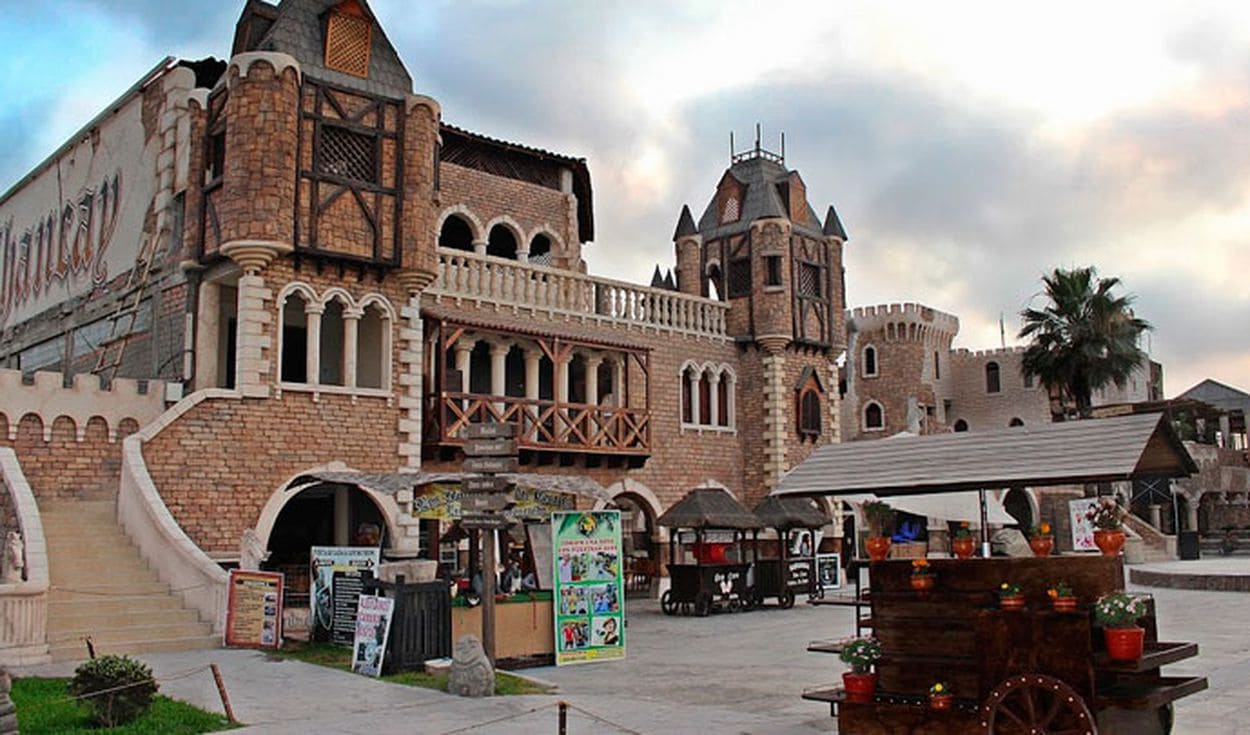
Rúpac is a pre-Inca ceremonial site. The citadel is divided into 51 stone buildings and has stairs and patios, as well as warehouses. Some of the buildings can measure up to ten meters high and their uses varied from tombs to towers.
The reconstructions are quadrangular with a triple spire, with roof terraces made of stones and with massive arched ceilings.
This hacienda is known for being one of the most emblematic tourist spots due to the legend of its origin.
Once the mother of the famous "Naranjas Huando", currently La Casa Hacienda Huando is a must-see destination.
Río Seco beach is one of the most pleasant tourist places in the province of Huaral. Located between the region of Huaral and Huara, in the regions of Chancay and Huacho.
On the banks of the Río Seco you can find kiosks scattered throughout the entire enclosure, it also has showers and a parking lot. The beach is perfect to enjoy with friends and family or to relax in solitude while contemplating the spectacular view from the coast.
The population of Pampas is located completely abandoned, credited by many as the ghost town. The dwellings as such can be observed very abandoned but they are still standing, but no one lives in them.
The only property that receives weekly cleaning and painting maintenance is the town chapel.
The Plaza de Armas de Huaral is one of the best places to visit in Huaral, since it is located right in the center and all the attractions that the town has to offer you congregate there.
This cultural venue was inaugurated on July 23, 1991, and its first exhibition with the theme of Chancay culture was launched on December 9 of that year.
Over time this museum has become one of the main centers of cultural diffusion of the small north, at the same time consecrating itself as one of the most representative tourist resources of the entire province of Chancay. Through its collections, the museum offers an experience where the past and the present converge, taking the visitor on an adventure through the history of Chancay and the small north.
Inside, textiles from the Chancay civilization are exhibited, representations of their productive activities such as agriculture and fishing, their architecture and daily life. Other exhibition topics have to do with the sinking of the Chilean ship Covadonga during the War of the Pacific, expressions of religion in Chancay, as well as cultural manifestations today.
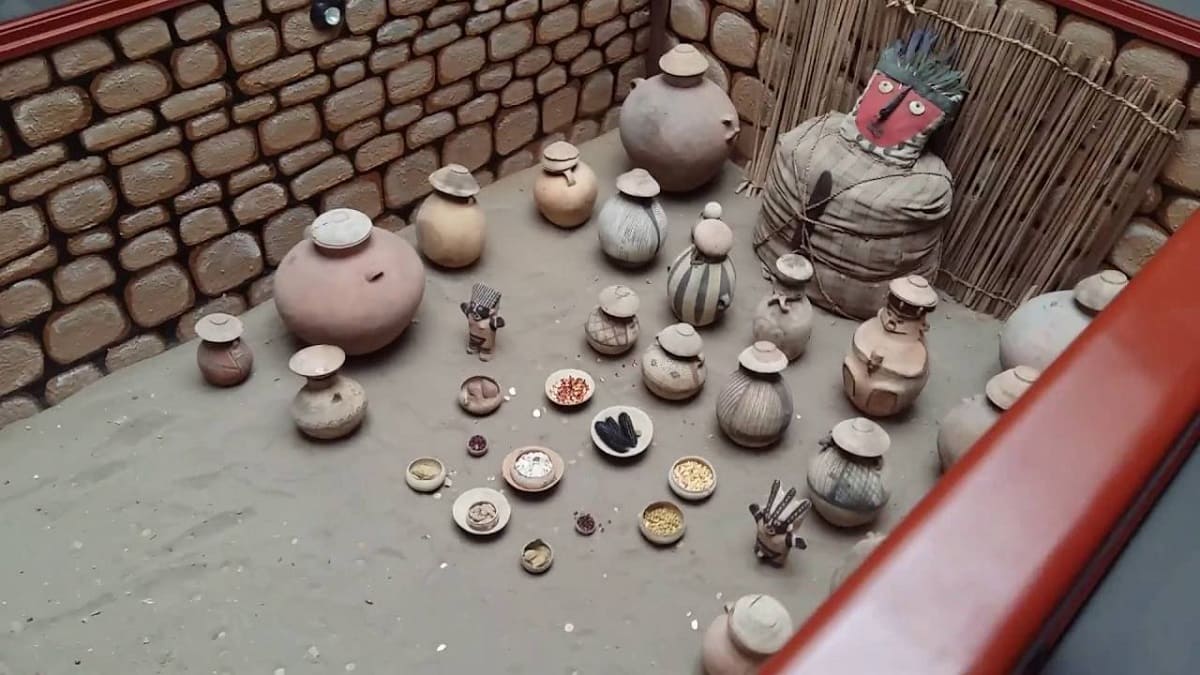
It is a beautiful and peaceful ecological, artistic and self-sustaining community, where residents and volunteers live in harmony with nature. It is located at kilometer 19.5 of the Pasamayo serpentine, in the Aucallama district.
This ecological farm stands out for its unique conical and oval-shaped constructions of oriental cultural inspiration made with adobe and other natural materials that are friendly to the environment and that are integrated into the coastal space near the sea where the community called "Eco village" is located.
At Eco Truly Park, visitors can participate in sustainable activities such as organic agriculture, eco-constructions, sustainable tourism, yoga classes, spiritual and meditation retreats, oriental art, among others.
Visiting this attraction in Huaral is also a good opportunity to meet people from all over the world who constantly visit and exchange experiences at the Eco Truly Park.
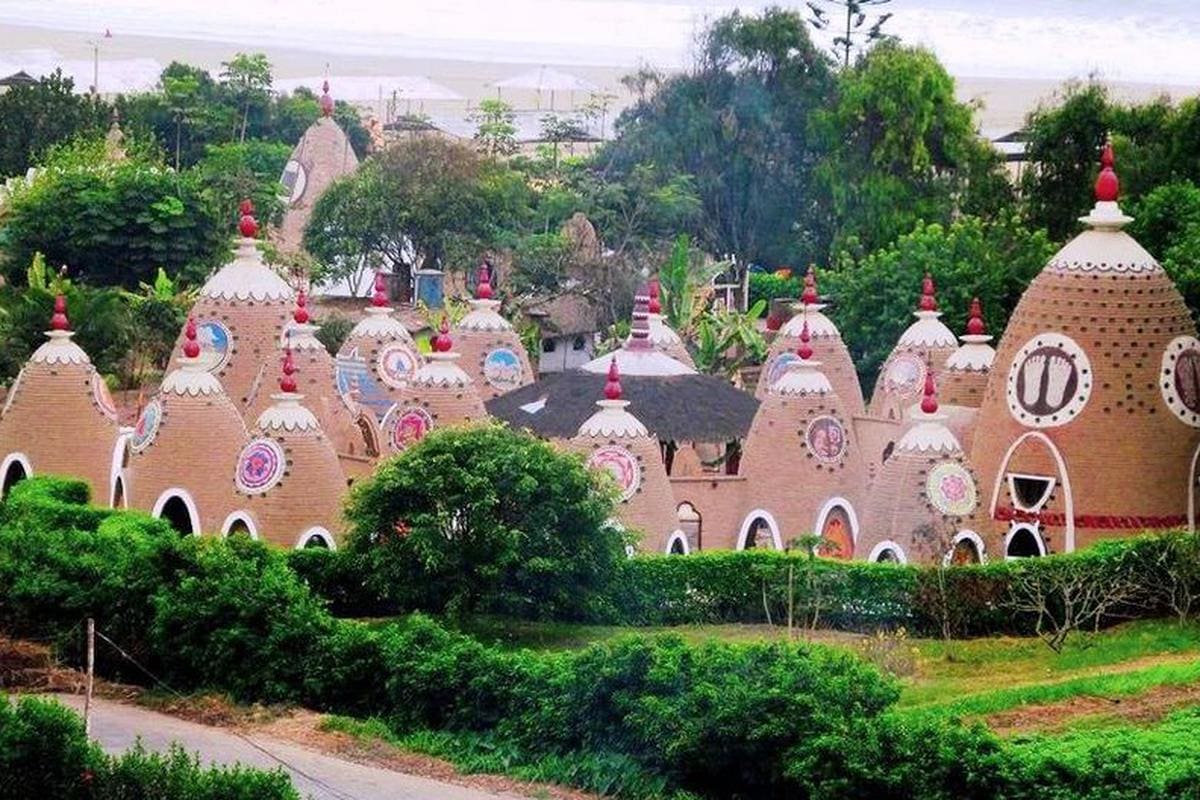
Also known as a ghost town, it was founded by the Spanish as a place of settlement for residents of surrounding areas such as Rúpac and Chiprac during the Hispanicization process of the town of Los Atavillos, there was a certain moment when the settlers changed their settlement, leaving the town empty of where its name ghost town comes from, they only visited the town for agriculture and livestock issues.
Currently, on weekends it receives tourists who visit Rúpac, in the town you can find lodgings, restaurants, restrooms, camping areas, shops, parking lots, etc.
It is a source of natural and medicinal water, the thermal baths are recommended for people who suffer from rheumatic pain, asthma, stress, bone pain, its waters are of quality that concentrate amounts of minerals such as sodium, iron, lithium, magnesium, among others.
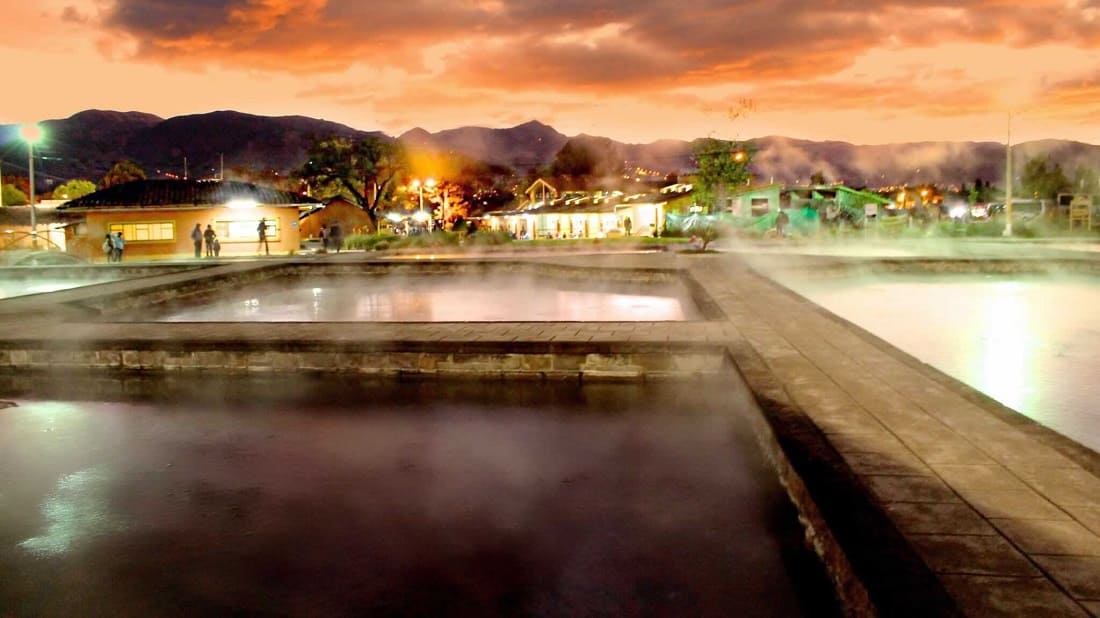
It is an ecosystem that provides habitat for hundreds of species of birds that inhabit peacefully, in addition to fulfilling functions in favor of environmental conservation.
Located in the archaeological complex of Rúpac, being one of the most important buildings in the complex, the Marca Kullpi castle is surrounded by impressive mausoleums and a great variety of chullpas in a perfect state of maintenance.
This district located on the border with Lima has a lot to offer. The sand dunes in San Graciano are perfect for practicing adventure activities such as sandboarding and tubular carts. Likewise, there are the hills of San Juan de Aucallama, where the amancaes flourish, the birds sing and the vizcachas hide.
Discovered in 2006, the imposing archaeological complex of Las Shicras in the Chancay valley is about 4,800 years old, making it contemporary with Caral, and was occupied for about eight centuries. The place was the scene of religious rituals, according to the researchers.
In the lower part of the Pasamayo serpentine you can visit Chacra y Mar, a wide and quiet beach surrounded by spectacular cliffs, where you can practice all kinds of activities or relax.
In addition to these captivating tourist attractions, the province of Huaral offers us the possibility of savoring a delicious and varied gastronomy with emblematic dishes such as pork cooked on a stick, duck with chili pepper, pork rinds, fried trout, among other delicacies that motivate us to return to this beautiful destination more than once.
To get to Huaral from Lima, you must take the Panamericana Norte highway. You can get to this town with an interprovincial bus or in private mobility. In the latter case, the trip can take about two hours.
Huaral has mild temperatures during the summer (December to March), while the dry periods are from April to December. The temperature reaches maximums of 28 °C in February and minimums of 16 °C in August.
If you want to visit Machu Picchu, we recommend you to book your Machu Picchu Entrance Tickets in advance, so you will enjoy your Vacation in Machu Picchu without any problem.